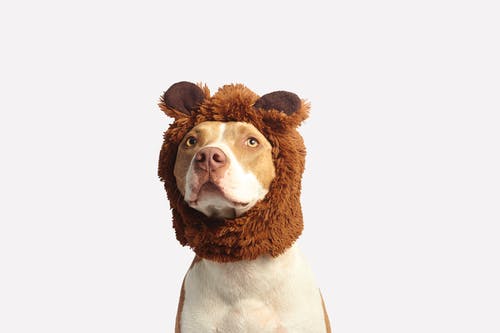The role of a pet owner entails not just taking care of them but also making sure they’re happy and healthy. This includes regular veterinary visits along with healthy food choices and physical activity. Vaccination is among the essential elements of pet care. Vaccination prevents cats from potentially deadly diseases and could even save their lives.
How Do Vaccines Function, and Why Are They So Important?
Animal vaccination stimulates your pet’s immune system, allowing it to recognize and combat certain infections. They include a trace percentage of the pathogen’s viruses or bacteria, which causes the immune system to generate antibodies. These antibodies stay in your pet’s system, protecting against the disease if they are exposed to the same pathogen again. Vaccines assist in preventing sickness and help keep your pet healthy. In this post, we’ll look at the importance of vaccinations in pet internal medicine and why you should make immunization an essential part of your pet.
Vaccines Safeguards Pet’s General Health
Vaccination helps protect your pet against various dangerous diseases, such as parvovirus, rabies, and distemper. These diseases are highly contagious and can cause death. Vaccinating your pet does more than protect them; it also helps ensure that illness is not spread to other pets and humans.
Some vaccines, such as the rabies vaccine, are required by law, while others are optional. On the other hand, getting your pet immunized against diseases such as feline leukemia and kennel cough will help maintain their overall health. These diseases can compromise your pet’s immune system, which makes them more vulnerable to other illnesses. Contact professionals at a vet in Mc Allen, TX, to learn more about the services offered.
Vaccines Are Safe and Effective
Before they are approved for use, they are thoroughly studied and monitored to ensure their safety and effectiveness. They’re designed to boost your pet’s immune system so that it can recognize and fight against specific diseases. Although vaccinations can trigger small-scale side effects like discomfort at the injection site and a minor fever, they are much less risky than contracting the disease. Book an appointment to learn more information about their services.
Vaccines Help Save Money
Immunization against diseases is significantly cheaper than treating a sick pet. Treating diseases such as distemper or parvovirus can be costly and require hospitalization and intensive care. Vaccines, on the contrary of the hand, are an inexpensive approach to preserving your pet’s health and avoiding hefty medical expenditures to come up.
Vaccines Contribute to Public Health Protection
Certain animal diseases, such as rabies, can affect humans. Vaccinating pets against rabies protects them and helps to avoid transmission to humans. This is essential when you live in a zone that is rabidly infested.
Conclusion
Finally, immunizations play crucial roles in pet internal health treatment. They’re safe and effective in protecting your pet from potentially fatal infections. Vaccines do more than protect your pet’s health; they also protect the general population’s health by preventing disease spread. Your duty as a responsible pet owner is to ensure that your pet’s vaccines are updated. Contact your veterinarian to select the best vaccination schedule appropriate for your pet and ensure they are safe for many years.
Always remember that prevention is more effective than treatment, and immunizations are efficient for keeping your pet healthy. Invest in your pet’s health by giving them the best chances to live a healthy life.




